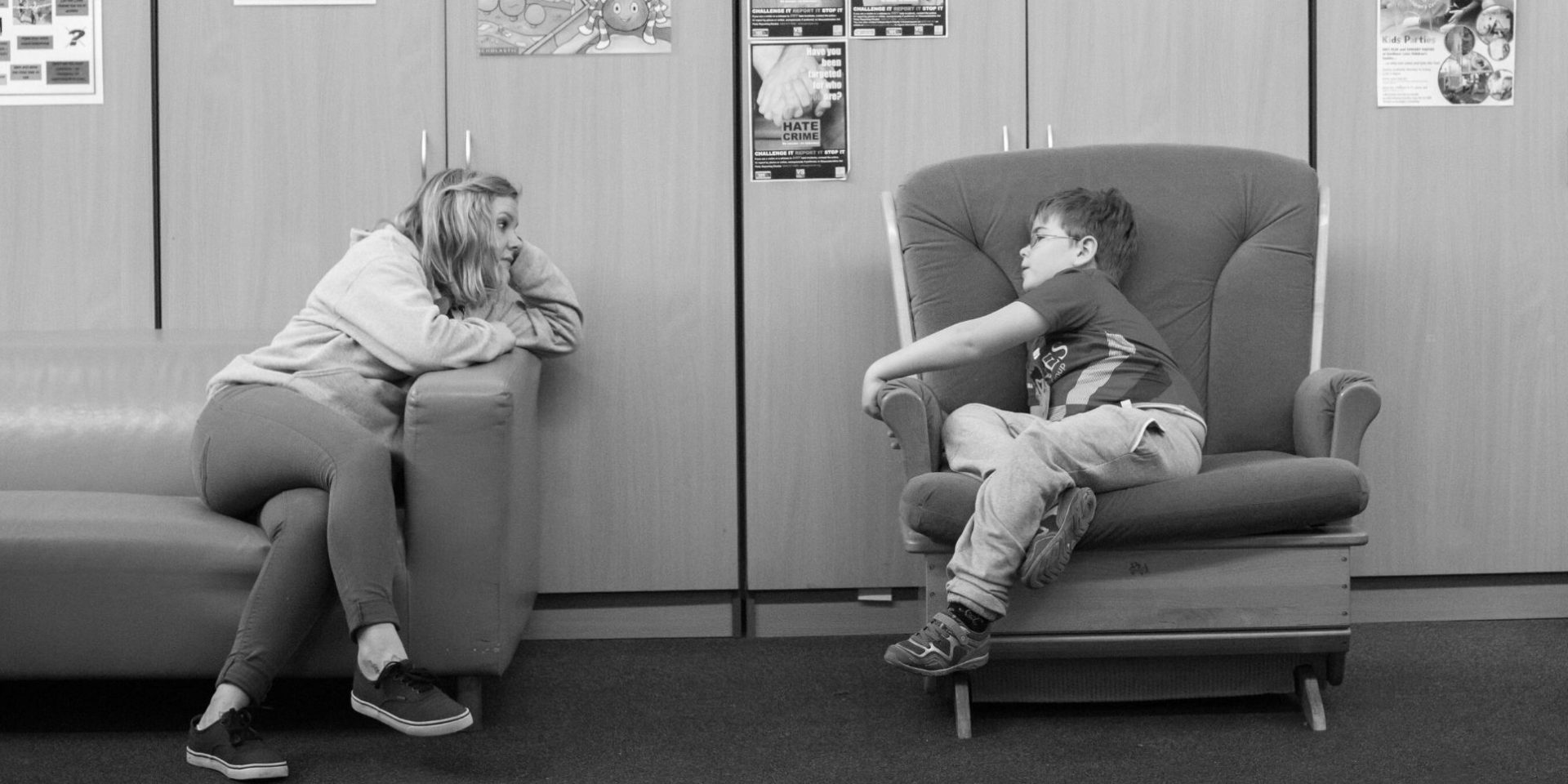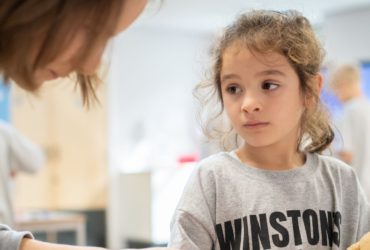Updated January 2021
Everyone is talking about coronavirus and its impact. Since March 2020, adults have been encouraged to work from home, schools have closed again, children’s parties have been cancelled and the government has announced a number of restrictions on seeing friends and relatives.
We have put together some guidance on supporting a bereaved child or young person during the coronavirus pandemic, including understanding their worries, calming their anxiety and talking to them about coronavirus.
Supporting anxious children during coronavirus
All children will have questions about the effects of the virus but for children who have had someone important die or have a member of their family who is ill, this anxiety is likely to be heightened. Parents have been asking us how to reassure bereaved children and young people who are worried about the effect of this virus on their family and we are here to provide support for bereaved or grieving children.
While no-one can predict exactly what will happen in the next few weeks or months, children and young people may pick up on the anxiety of adults around them, may see coverage on news and social media, or be aware of changed procedures at school or college. It is more important now, more than ever, to support any anxiety displayed in children during coronavirus, our team at Winston’s Wish are here to help guide and offer advice on that support.
After someone important dies, children will be very worried about the health of their surviving family. It is natural for a child whose parent has died, for example, to be worried that something bad will happen to the other parent.
Fears may include someone else dying, someone becoming ill and unable to look after the child, the changes to normal living that would happen if someone else gets sick or dies. Children with relatives who are already ill, for example, a grandparent with lung disease or a parent with cancer, will be particularly concerned that this virus may increase the risk to their relative.
Acknowledge their worries, concerns and anxiety
Your child may understandably be concerned or worried by what they see, read or hear in the news, online or at school regarding coronavirus, and this anxiety can be heightened for children and young people who have had someone important die, it is so important to acknowledge their worries.
It’s good to talk to them honestly but calmly about what is happening, and to not ignore or shield them from what is going on in the world. Remember that you don’t need to have all of the facts and answers. There are lots of resources out there for you to read together (see below) and a gentle conversation can reassure your child that they can talk to you so they don’t feel like they’re on their own.
Children and young people who have been bereaved or are facing the death of someone important, especially during coronavirus, will appreciate people acknowledging their particular concerns.
“I guess you might be wondering if this virus will make Granny sicker?”
“I wonder if we could talk a little about this virus; I notice you’ve been a bit quiet today?”
Reassure your child
It is natural that children and young people who have experienced the death of someone important may worry that something will happen to someone else in their family. They will spot false reassurance but it is reasonable to put what is happening into context in a reassuring way.
It may be helpful to remind your child that some people only experience mild symptoms and reassure them that more people are recovering from the virus than dying from it. You could tell them that it is unlikely they will get very ill, and if they do you will look after them, and if you get the virus you will be probably only be ill for a few days.
“I want you to know that I am very healthy and even if I get the virus, I’m only likely to feel a bit poorly for a few days.”
“We’ll make sure that Grandpa gets looked after safely.”
Talk to them about coronavirus
Don’t be afraid to have conversations with your child about coronavirus – not talking about something can sometimes make children worry more. Other children will be talking about it at school and they may have heard it on the news or social media.
You may need to gauge their level of understanding or interest to decide what level of detail you need to go into when explaining what is going on.
Older children may have already read or seen a lot of information online and could be feeling overwhelmed. You could help them limit the amount of times they check the news and encourage them to get information from reputable websites.
“Let’s watch this film together. I think it will answer most of your questions and if you have any more, I’ll do my best to answer them.”
Useful resources
Factual information, delivered in an age-appropriate way can help calm children’s anxieties. There are several articles and videos on BBC Newsround aimed at children:
Coronavirus: What is being done to tackle the virus?
Coronavirus: Why it might not be as scary as it sounds
Coronavirus: Elbow bumps and footshakes – alternative handshakes
Coronavirus: Your questions answered
Coronavirus: Keep it simple, stick to facts – how parents should tell kids
Share memories
Talk of coronavirus and death can be very distressing for anyone dealing with a bereavement. It’s important to continue talking about the loved one who has died – maybe share memories that make you laugh.
“I’ve been thinking a bit about Mum today. Do you remember how she would always change her shoes three times before going anywhere?”
Look after yourself
Remember to look after yourself too. It’s good to stay informed but bear in mind that watching upsetting footage or reading dramatic social media coverage may harm your own mental health. Consider where you’re getting your information from. Try to stick to reputable sources for updated guidance on the virus, such as the NHS, rather than relying on social media or the press for your information.
If you are feeling worried or anxious about coronavirus, talk to someone you trust who can listen and support you.
Get support from Winston’s Wish
Our Freephone National Helpline is currently continuing to operate as normal. If you need advice on supporting a bereaved child or young person you can call us on 08088 020 021 (9.00am – 5.00pm, Monday – Friday), email us on ask@winstonswish.org or use our online chat.
Our Winston’s Wish Crisis Messenger is available 24/7 for urgent support in a crisis. Text WW to 85258.
Other articles you might find helpful
Telling a child someone has died from coronavirus
More children and young people will face bereavement because of coronavirus in the coming weeks. Here is some advice on how to tell them about the death of a loved one.
How schools can support children
Although you may not see them face-to-face, there are plenty of ways teachers and school staff can support bereaved students from a distance, at a time when they are cut off from their support networks.




